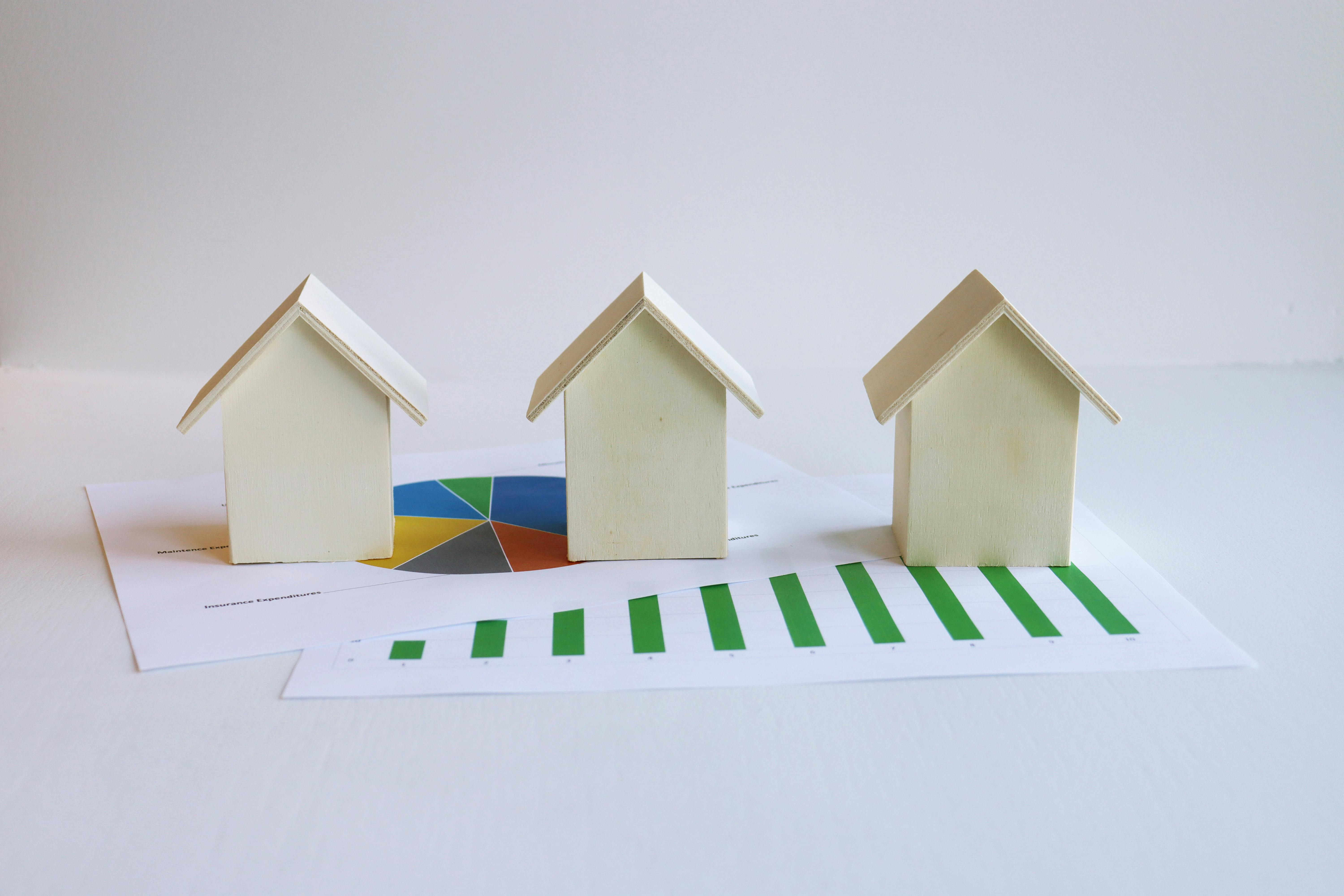Landlord Blog
Education and news for smart DIY landlords!
What to Look for When Evaluating Rental Properties

Investing in rental properties can be a lucrative endeavor, providing steady income and potential for long-term appreciation. However, not all rental properties are created equal. Evaluating a property thoroughly before purchasing is crucial to ensure it meets your investment goals and provides a good return on investment (ROI). Here are key factors to consider when evaluating rental properties.
Location
The location of a rental property is perhaps the most critical factor to consider. A prime location can attract quality tenants and ensure low vacancy rates. Look for properties in areas with:
Strong Job Market: Areas with a growing job market attract more tenants. Research local employment rates and the presence of major employers.
Good Schools: Properties in good school districts are highly desirable, especially for families. High-ranking schools can significantly increase the property’s value.
Amenities: Proximity to shopping centers, restaurants, parks, and public transportation enhances the attractiveness of a rental property.
Safety: Check crime rates in the area. Low crime rates are appealing to tenants and can protect your investment.
Property Condition and Maintenance

The condition of the property is a direct indicator of potential future expenses. A property requiring extensive repairs can quickly eat into your profits. Evaluate:
Structural Integrity: Inspect the foundation, roof, walls, and other structural elements for any signs of damage or wear.
Plumbing and Electrical Systems: Ensure these systems are up to code and functioning properly. Repairs in these areas can be costly.
Appliances and Fixtures: Modern, well-maintained appliances and fixtures can attract tenants and reduce maintenance calls.
Exterior and Landscaping: A well-kept exterior and yard can increase curb appeal and attract tenants.
Financial Considerations

Analyzing the financial aspects of a rental property is essential to ensure it will be a profitable investment. Consider the following:
Purchase Price: Compare the asking price with recent sales of similar properties in the area to ensure it’s reasonably priced.
Rental Income: Research local rental rates to estimate the potential rental income. Ensure the income will cover your mortgage, taxes, insurance, and maintenance costs.
Expenses: Calculate all operating expenses, including property management fees, maintenance, insurance, taxes, and utilities. Unexpected expenses can impact your ROI.
Cash Flow: Ensure the property will generate positive cash flow. A property with high potential rental income but also high expenses may not be a sound investment.
Tenant Demand
A rental property is only as good as its ability to attract and retain tenants. Evaluate tenant demand in the area:
Occupancy Rates: High occupancy rates indicate strong tenant demand. Check local statistics and talk to other landlords in the area.
Tenant Profile: Understand the demographics of potential tenants. Properties near universities may attract students, while those in family-friendly areas might attract long-term tenants.
Rental Trends: Monitor rental trends in the area. Rising rents can indicate a healthy market, while falling rents may signal oversupply or declining demand.
Read more: Understanding Gen Z Renters: A Guide for Landlords
Legal and Regulatory Considerations

Understanding local regulations and laws is crucial to avoid legal issues and fines:
Zoning Laws: Ensure the property is zoned for rental use and understand any restrictions or requirements.
Landlord-Tenant Laws: Familiarize yourself with local landlord-tenant laws regarding leases, eviction procedures, and tenant rights.
Tax Implications: Understand the tax implications of owning a rental property, including potential deductions and liabilities.
Conclusion
Evaluating rental properties involves a comprehensive analysis of location, property condition, financial viability, tenant demand, and legal considerations. By thoroughly assessing these factors, you can make informed decisions that align with your investment goals and minimize risks. A well-chosen rental property can provide steady income, appreciate in val
